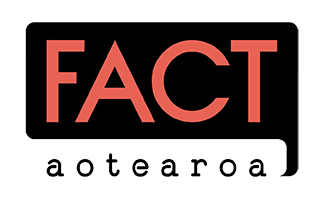Your first port of call should always be strengthening your relationship through open communication. There are many ways to keep the conversation going, especially if they are new to conspiracy theories. Read these articles for some ideas:
- I’ve been talking to conspiracy theorists for 20 years – here are my six rules of engagement
- Analysis: How to talk (and not talk) about Covid-19 vaccination to people with doubts
- How to talk to whānau about conspiracies
- How should you talk to friends and relatives who believe conspiracy theories?
- When a relative falls down a rabbit hole.
You may find that these techniques are not effective, but they keep the door open for when people are looking to change their minds. During this phase, you might want to connect to people going through something similar. You can talk to friends, or join an online community:
- Rabbit Hole Resistance: a NZ-based Facebook group that is a safe space for those concerned about the rapid spread of conspiracy theories. They seek to halt division by sharing resources, supporting each other and encouraging respectful, compassionate dialogue.
- r/QAnonCasualties/: Have a friend or loved one taken in by QAnon? Look here for support, resources and a place to vent. Look at old posts, settle in and relax. Learn to heal, deal and deprogramme.
If you are worried about your own or your loved one’s mental health, seek support from a counsellor or clinical psychologist:
For more immediate help for mental health:
- Free call or text 1737 any time for support from a trained counsellor
- Lifeline 0800 543 354 or 09 522 2999 or free text 4357 (HELP)
- Suicide Prevention Helpline 0508 828 865 (0508 TAUTOK0)
- Youthline 0800 376 633 or free text 234
- Samaritans 0800 726 666.
The Mental Health Foundation works alongside a range of other suicide prevention initiatives as part of the Every Life Matters – He Tapu te Oranga o ia Tangata: Suicide Prevention Strategy 2019–2029 and Suicide Prevention Action Plan 2019–2024 for Aotearoa New Zealand.
